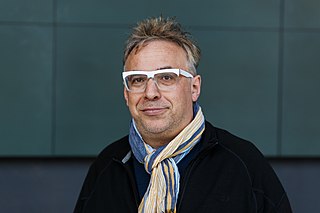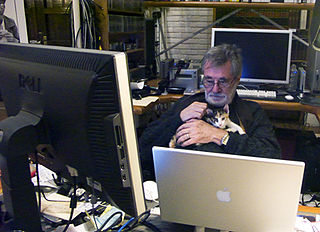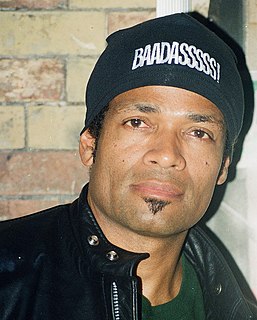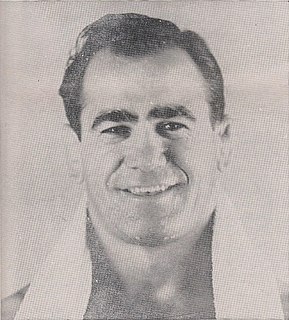A Quote by Lev Manovich
... the reason we think that computer graphics technology has succeeded in faking reality is that we, over the course of the last hundred and fifty years, have come to accept the image of photography and film as reality.
Related Quotes
... what is faked [by the computerization of image-making], of course, is not reality, but photographic reality, reality as seen by the camera lens. In other words, what computer graphics have (almost) achieved is not realism, but rather only photorealism - the ability to fake not our perceptual and bodily experience of reality but only its photographic image.
Digital technology, you see, is not the villain here. It simply offers another dimension. I'm not sure if it's a farther remove from reality than analogue. I think if we can speak of reality, if reality and representation can be spoken of in the same sentence, if reality even exists any more, digital is simply another way of encoding that reality.
In recent years my understanding of God had evolved into increasingly remote abstractions. I'd come to think of God in terms like Divine Reality, the Absolute, or the One who holds us in being. I do believe that God is beyond any form and image, but it has grown clear to me that I need an image in order to relate. I need an image in order to carry on an intimate conversation with what is so vast, amorphous, mysterious, and holy that it becomes ungraspable. I mean, really, how to you become intimate with Divine Reality? Or the Absolute?
Today we can say that at last the director writes the film. The image--its plastic composition and the way it is set in time, because it is founded on a much higher degree of realism--has at its disposal more means of manipulating reality and of modifying it from within. The film-maker is no longer the competitor of the painter and the playwright, he is, at last the equal of the novelist
Before, the myth of photography doesn't lie was used in order to cover up tricks. If I [make a] portrait [of] you, accommodate you, illuminate you, put make up on you or use a filter, am I not manipulating reality? The only difference is that now I can do it from the computer in the postclick instead of the preclick. If I decide to photograph something instead of something else, I also manipulate reality. Of course a photograph can lie or commit abuse, but it always could.

































